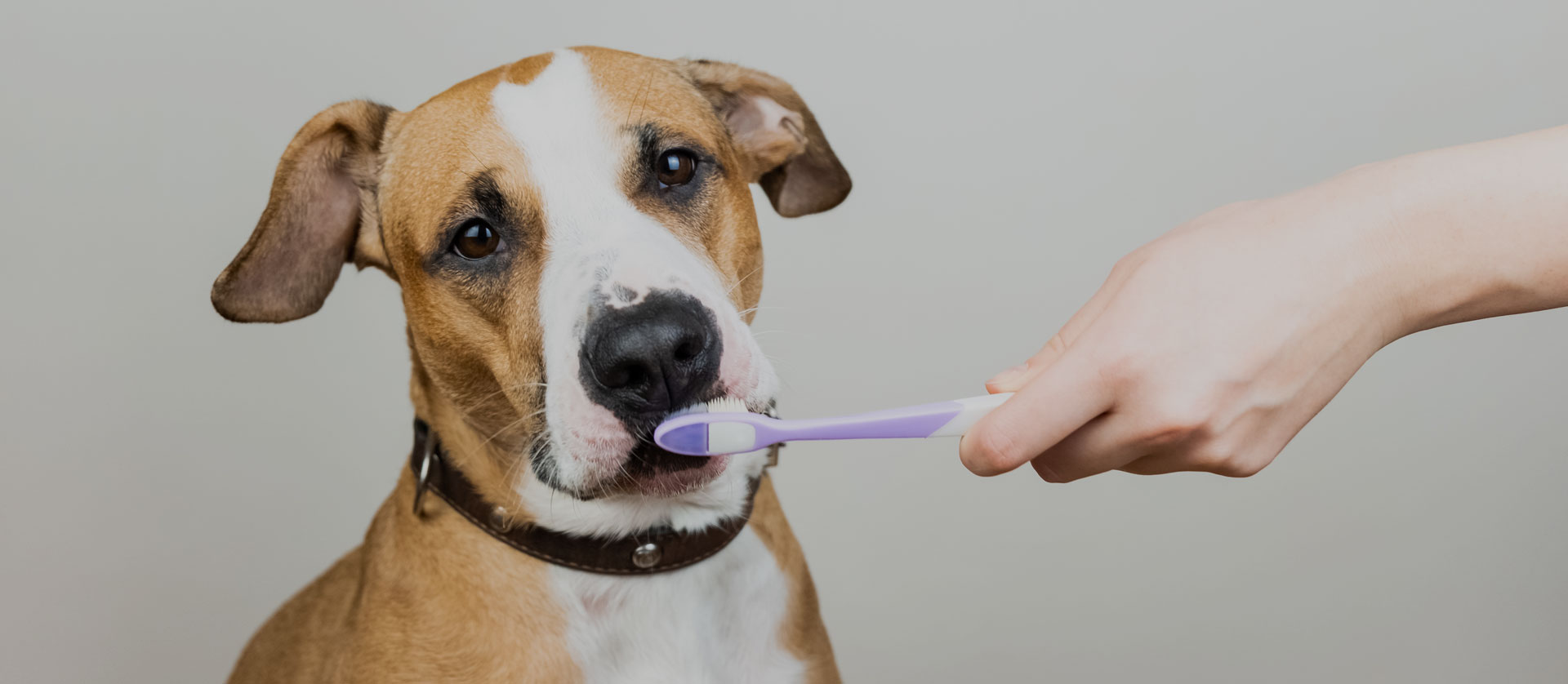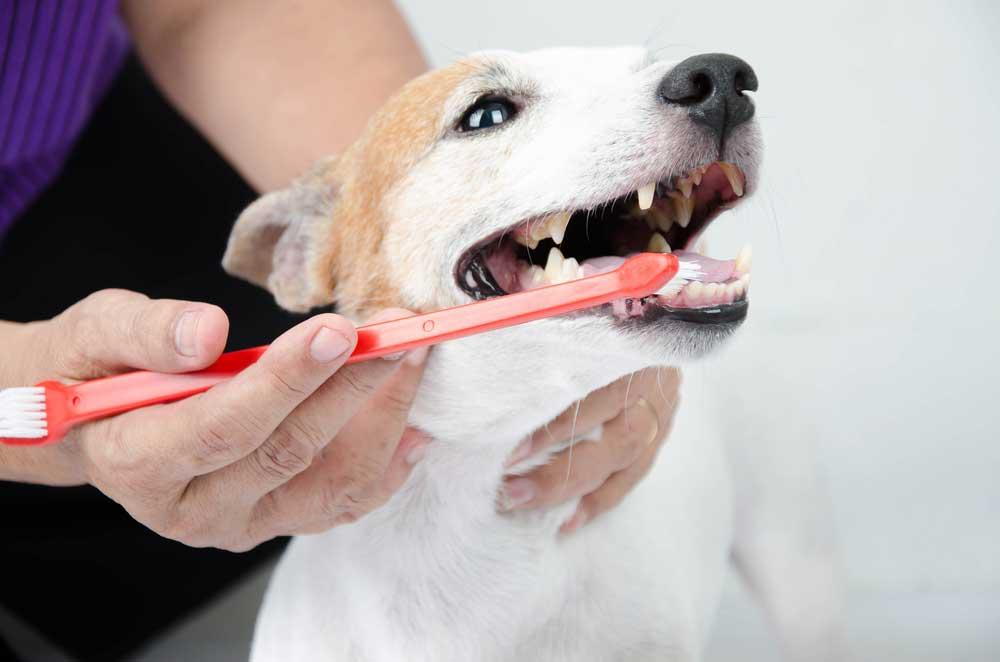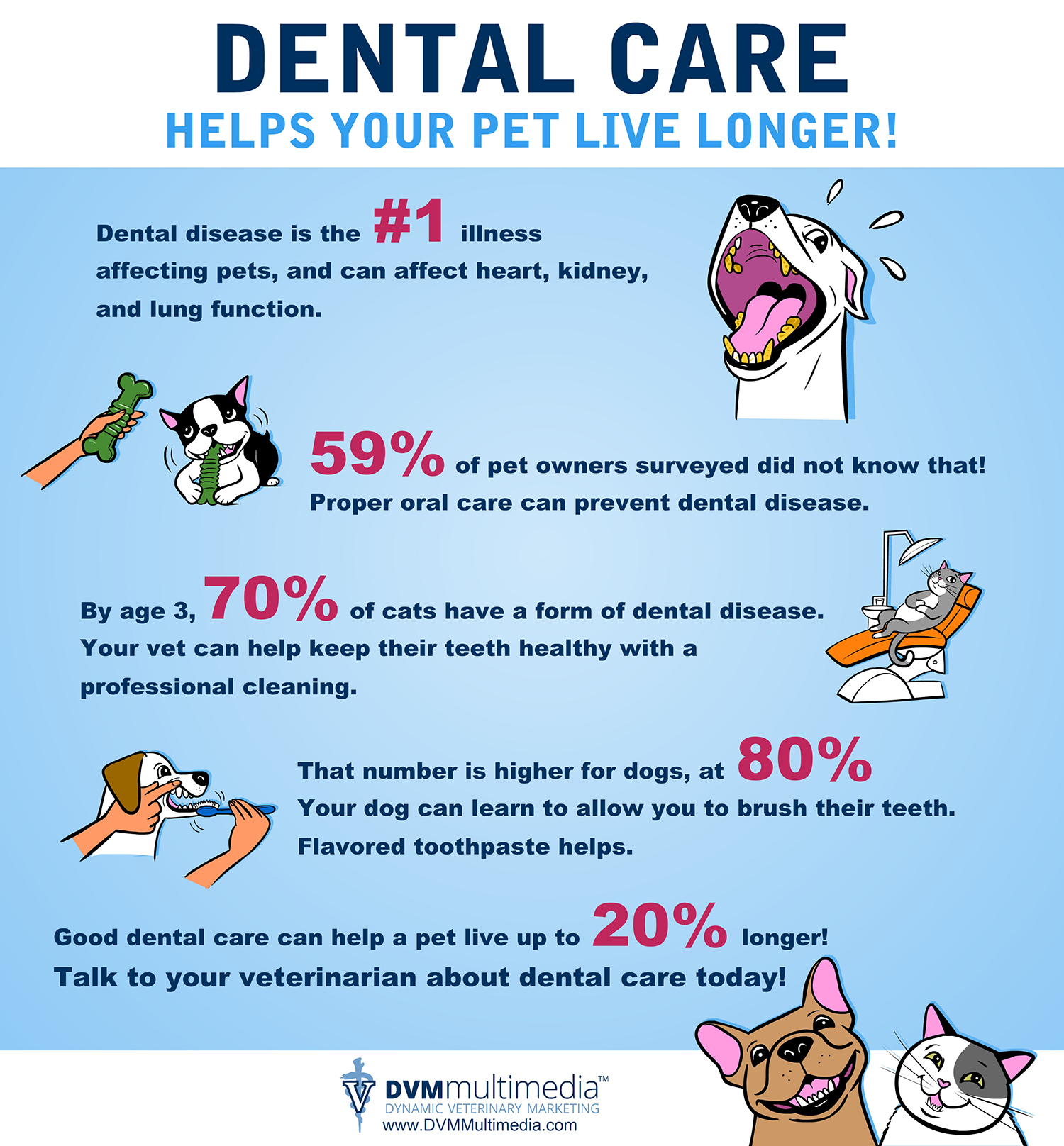Pets need dental care to maintain good oral hygiene and prevent dental problems. This includes regular teeth brushing, annual dental exams, and professional cleanings performed by a veterinarian.
Neglecting dental care can lead to various health issues, including gum disease, tooth decay, and bad breath, ultimately affecting the overall well-being of the pet. Taking proactive measures in caring for your pet’s dental health can significantly enhance their quality of life and potentially extend their lifespan.

Credit: desertpaws.com
Contents
The Importance Of Pet Dental Care
Maintaining your pet’s dental health is crucial for their overall well-being. Ensure your pet receives regular dental care to prevent oral health issues and promote a healthier and happier life.
Preventing Dental Disease
Regular dental care for your pet is essential to prevent dental disease. Just like humans, pets can suffer from gum disease, tooth decay, and oral infections if their teeth are not properly cared for. These dental issues can be painful and uncomfortable for your furry friend.
By implementing a proper dental care routine, you can help prevent dental disease in your pet. Brushing your pet’s teeth regularly, providing dental-friendly toys and treats, and scheduling regular dental check-ups with your veterinarian are all crucial steps in maintaining your pet’s oral health.
Improving Overall Health
Did you know that dental care goes beyond just maintaining a healthy mouth for your pet? It also plays a significant role in your pet’s overall health and well-being. Poor oral health can lead to various health problems in pets, including:
- Heart disease
- Kidney disease
- Diabetes
- Respiratory problems
When bacteria from dental diseases enter the bloodstream, it can contribute to the development of these serious health issues. By ensuring your pet’s oral health is in top shape, you are also helping to protect their overall health.
Regular dental care can also save you money in the long run. Taking preventive measures and addressing any dental problems early on can help you avoid costly treatment for advanced dental diseases.

Credit: www.hollywoodcatdog.com
Signs Of Dental Problems In Pets
Pets, just like humans, can experience a variety of dental problems that require proper care and attention. It’s important for pet owners to be aware of the signs that indicate their furry friends may be facing such issues. By noticing these signs early on, you can seek veterinary dental care to prevent further complications. Here are some common signs of dental problems in pets:
Bad Breath
Pets can naturally have a bit of a smell to their breath, but if it becomes persistent and extremely unpleasant, it may be a sign of dental problems. Bad breath in pets often indicates the presence of bacteria in their mouth, which can occur due to dental plaque buildup or an underlying infection. Regular check-ups and proper oral hygiene can help combat this issue.
Difficulty Eating Or Chewing
Another symptom that pet owners should look out for is difficulty eating or chewing. If your pet is experiencing pain while eating, shows disinterest in their food, or struggles to chew on toys or treats, it could be an indication of dental problems. This can be caused by tooth decay, gum disease, or tooth fractures, which can make it uncomfortable or even painful for your pet to eat.
Red Or Swollen Gums
Red or swollen gums are a clear visual indicator of potential dental problems. Healthy gums should appear pink and firm. If you notice any changes in your pet’s gum color, such as them becoming red, inflamed, or bleeding, it could suggest periodontal disease or gingivitis. Prompt veterinary examination and treatment can help prevent further damage and discomfort for your pet.
Remember, dental problems in pets can have a significant impact on their overall health and well-being. Regular dental check-ups and providing effective oral hygiene can go a long way in preventing potential dental issues. By staying vigilant and taking proactive measures, you can help ensure that your furry companion maintains a healthy and happy smile!
How To Maintain Your Pet’s Oral Health
Taking care of your pet’s oral health is just as important as their overall well-being. Just like you brush your teeth and visit the dentist regularly, your furry friend also needs proper dental care. By adopting a few simple habits, you can help keep your pet’s teeth and gums healthy. Here are some easy ways to maintain your pet’s oral health:
Regular Brushing
One of the most effective ways to maintain your pet’s oral health is through regular brushing. Just like humans, pets need their teeth cleaned to prevent plaque buildup and tooth decay. Choose a toothbrush specifically made for pets and a toothpaste that is safe for them to swallow. Gently brush your pet’s teeth in a circular motion, paying extra attention to the gumline. Make sure to start slow and gradually increase the duration of brushing sessions. Aim to brush your pet’s teeth at least 2-3 times a week to maintain their dental hygiene.
Providing Dental Chews Or Toys
Besides regular brushing, providing your pet with dental chews or toys can also help maintain their oral health. Chewing on these specially designed items can help reduce plaque and tartar buildup, as well as keep their teeth strong and healthy. Look for dental chews or toys that are specifically made for your pet’s size and breed. These chews should have a sturdy texture that encourages chewing and helps remove debris from teeth. Always supervise your pet while they indulge in these chews or toys to prevent any choking hazards. Incorporating this habit into your pet’s daily routine will contribute to their overall oral health.
Taking care of your pet’s oral health doesn’t have to be a daunting task. By regularly brushing their teeth and providing dental chews or toys, you can help prevent dental issues and improve their overall well-being. Remember, a healthy mouth means a happy pet!

Credit: harrisburgveterinarian.com
When To Seek Veterinary Dental Care
Regular dental care is essential for the overall health and well-being of our pets. Just like humans, dogs and cats can develop dental problems such as gum disease, tooth decay, and oral infections. But how do you know when it’s time to seek veterinary dental care for your furry friend? In this section, we will discuss two important aspects of pet dental care: annual dental check-ups and professional dental cleaning.
Annual Dental Check-ups
Annual dental check-ups are crucial to ensure that your pet’s teeth and gums are in good condition. During these check-ups, your veterinarian will examine your pet’s mouth, teeth, and gums for any signs of dental problems. This can include inflamed gums, loose teeth, tartar buildup, or other abnormalities. Regular check-ups allow your vet to catch dental issues early on and provide timely treatment, preventing further complications.
During the dental check-up, your vet may also recommend dental x-rays to get a closer look at your pet’s teeth below the gum line. These x-rays can reveal hidden problems such as tooth root abscesses or fractures. With the help of dental x-rays, your vet can make a more accurate diagnosis and develop an appropriate treatment plan.
Professional Dental Cleaning
Although regular brushing at home is essential, it may not be enough to remove all the plaque and tartar that can accumulate on your pet’s teeth over time. That’s where professional dental cleaning comes in. Professional dental cleaning, also known as a dental prophylaxis, is a thorough cleaning performed by a veterinarian under general anesthesia. This procedure involves scaling the teeth to remove plaque and tartar both above and below the gum line.
Professional dental cleaning not only helps keep your pet’s teeth clean but also helps maintain their oral health. It helps prevent gum disease, which can lead to pain, tooth loss, and other complications. Additionally, a clean and healthy mouth can contribute to your pet’s overall well-being, as dental problems can affect their ability to eat, play, and enjoy life to the fullest.
During the professional dental cleaning, your vet may also perform any necessary dental treatments, such as tooth extractions or dental repairs. These procedures are done to address any specific dental issues that may have been identified during the dental check-up.
In conclusion, regular dental check-ups and professional dental cleaning are key components of proper dental care for your pet. By staying proactive and seeking veterinary dental care, you can help ensure that your furry friend has a healthy mouth and a happy smile.
Frequently Asked Questions On Does My Pet Need Dental Care
Is Dental Work Really Necessary For Dogs?
Yes, dental work is necessary for dogs. It helps maintain their oral health and prevent issues like gum disease, tooth decay, and bad breath. Regular dental check-ups and cleanings are important to keep their teeth clean and prevent potential health problems.
How Do You Know If Your Dog Needs A Dentist?
A dog may need a dentist if it has bad breath, loose or missing teeth, difficulty eating or chewing, excessive drooling, or swelling in the mouth. Regular dental check-ups are important for maintaining your dog’s oral health.
Do Dogs Really Need Teeth Cleaning?
Yes, dogs need teeth cleaning to maintain good oral health, prevent dental diseases, and eliminate bad breath. Regular dental care can be done at home with brushing and offering dental chews, or professional cleanings can be done by a veterinarian.
Conclusion
Maintaining your pet’s dental health is crucial for their overall well-being. Regular dental care, such as brushing their teeth and providing dental treats, can prevent dental diseases and other health issues. Addressing dental problems early on can save you from costly veterinary procedures in the future.
Remember, a healthy smile leads to a happy and thriving pet. Prioritize their dental care today!



